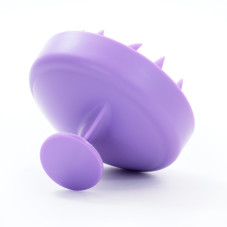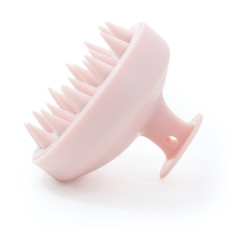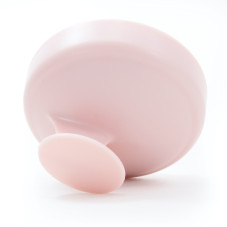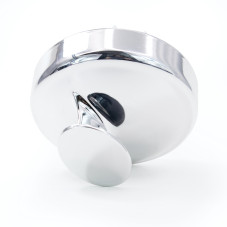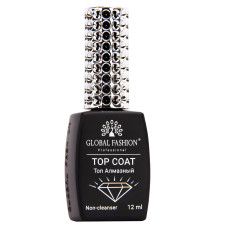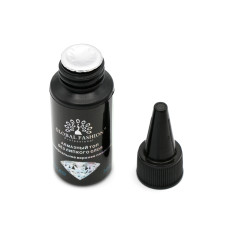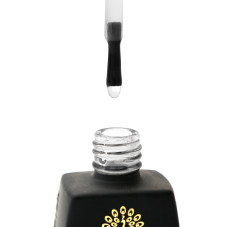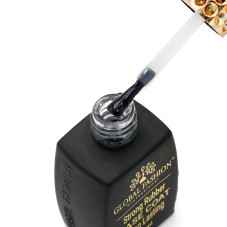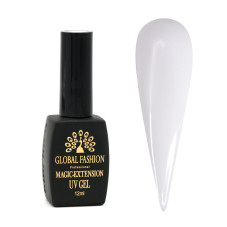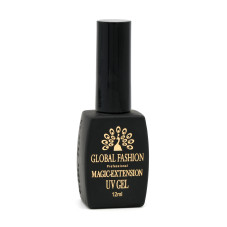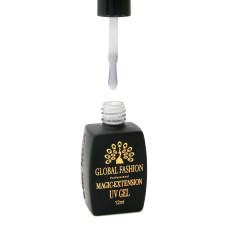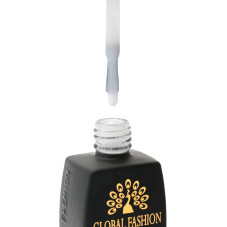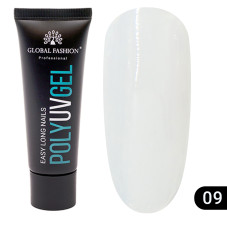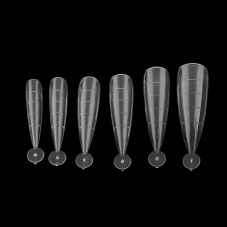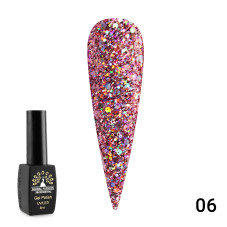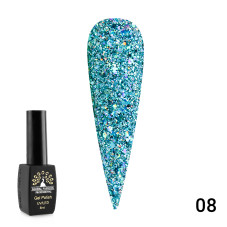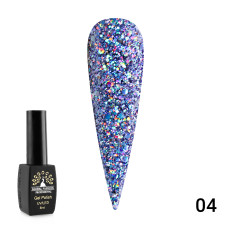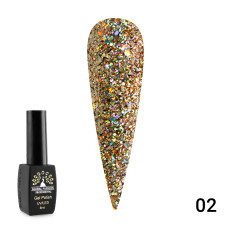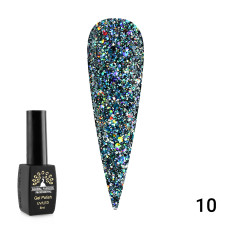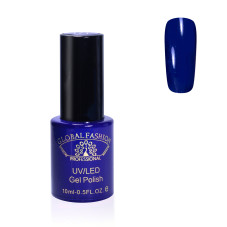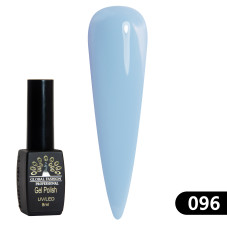Hairdressing
Filters

Color
Clear
roll up
Density
Clear
roll up
Effect
Clear
roll up
8 bought
NEW
ID: 16723
560 ₽
6617 bought
ID: 3678
280 ₽
3314 bought
ID: 3688
500 ₽
2025 bought
ID: 12595
143 ₽
-5%
2290 bought
ID: 1863
333 ₽
-5%
1471 bought
ID: 11773
190 ₽
-5%
71 bought
ID: 13093
51 ₽
-15%
Hairdressing: The Art and Science of Styling Hair Hairdressing, also known as hairstyling, is the practice of cutting, coloring, and arranging hair to enhance one's appearance. It is an art form that has been around for centuries and has evolved to become a multi-billion dollar industry worldwide. Hairdressing combines creativity, skill, and science to transform hair into different styles that suit the individual's personality, lifestyle, and preferences. The History of Hairdressing Hairdressing has been a significant part of human history since ancient times. Various civilizations, like the Egyptians, Greeks, and Romans, groomed their hair to showcase their social status, beauty, and power. In the Middle Ages, barbers in Europe not only trimmed hair but also provided medical and surgical services. Over time, hairdressing became a trade, with specialized training and apprenticeships, in the 19th century. Today, hairdressing is a thriving industry that caters to a diverse clientele and is constantly evolving with the latest hairstyling trends and techniques. The Art of Hairdressing Hairdressing is an artistic expression, and the hair stylist is an artist. The stylist must have a creative imagination, a keen eye for beauty, and a sense of style. The stylist must be able to interpret the client's wishes and ideas and translate them into a hairdo that suits the client's facial features, hair texture, and overall appearance. The stylist must also consider the latest trends, fashion, and cultural influences when creating a trendy or classic look. The Science of Hairdressing Hairdressing is also a scientific practice that requires knowledge of the chemistry and biology of hair. Understanding the structure of hair, such as the follicles, cuticles, and cortex, is essential in handling, coloring, and straightening hair. The stylist must also know the different hair types, such as thin, thick, curly, and straight, and how to handle them to achieve the desired effect. Understanding hair products, tools, and equipment is also critical in maintaining hair health and preventing hair damage. The Business of Hairdressing Hairdressing is not just an art or a science; it is also a business. Hair salons and barbershops thrive on repeat clientele, word of mouth, and positive reviews. The stylist must also have customer service skills, professionalism, and business acumen to succeed in the industry. They must be able to handle the business aspects of running a salon or freelance hairstyling, such as marketing, financial management, and networking. Conclusion Hairdressing is a fascinating field that combines art, science, and business. It requires skill, creativity, and dedication to become a successful hairstylist. As the saying goes, "A woman's hair is her crowning glory." Hairstyling is not just about making someone look good; it is also about boosting their confidence, self-esteem, and identity. Today, hairdressing is more inclusive, catering to people of different ages, genders, ethnicities, and hair types. Whether it is a trendy haircut, a daring hair color, or a classic style, hairdressing is an essential component of fashion, beauty, and self-expression.
























